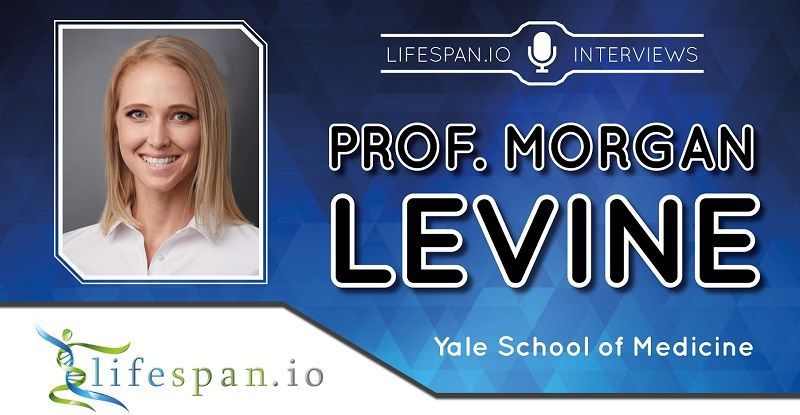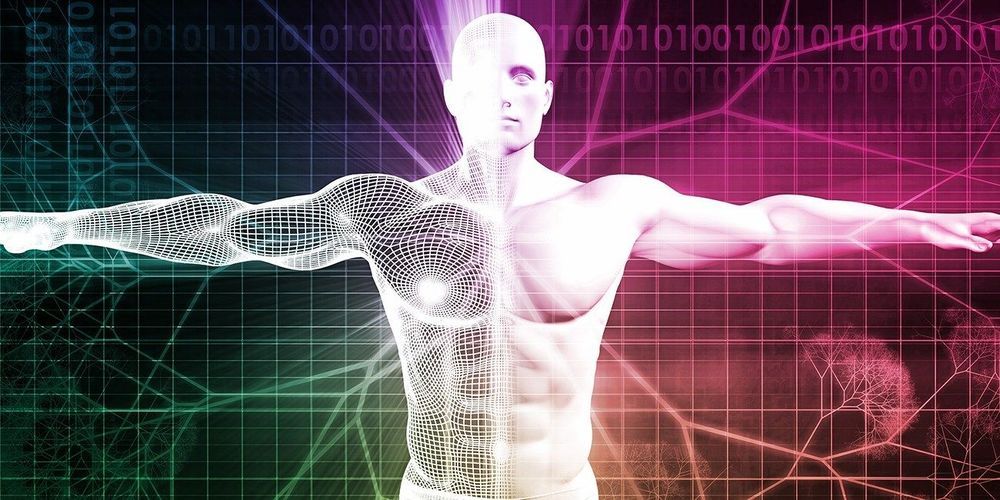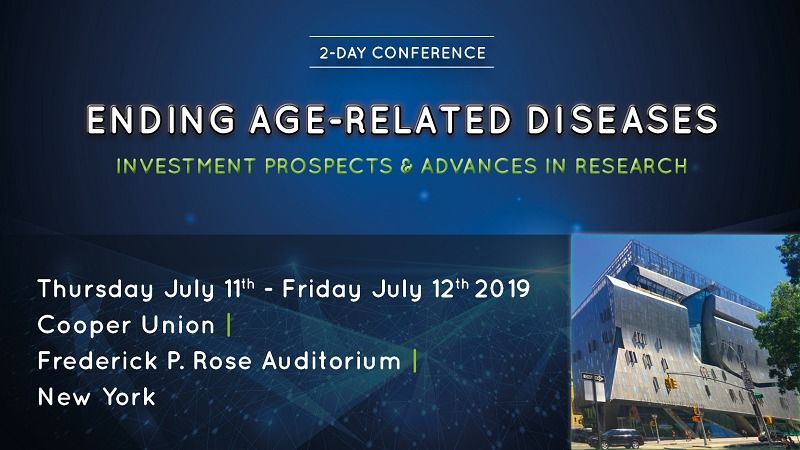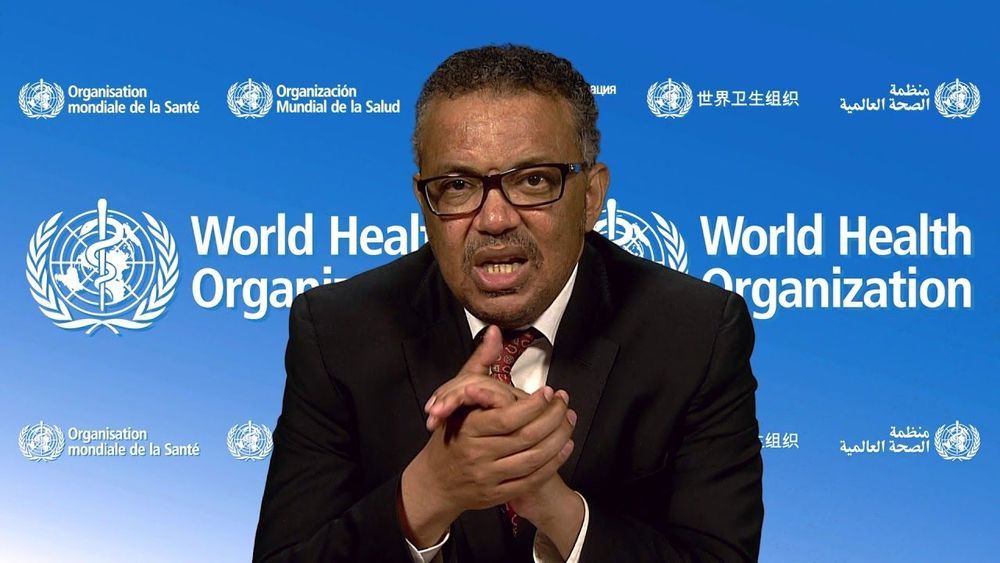
Editor’s Note: The U.S. Transhumanist Party features this article by Nicola Bagalà and Michael Nuschke of the Life Extension Advocacy Foundation (LEAF), originally published on the LEAF site on May 15th, 2019. The article brings attention to and responds to concerns related to the impacts of increased longevity on pension systems, a possible result of our mission of ending age-related diseases, which the U.S. Transhumanist Party supports as part of our policy goals.
~ Brent Reitze, Director of Publication, United States Transhumanist Party, June 15th, 2019
If you work in social security, it’s possible that your nightmares are full of undying elderly people who keep knocking on your door for pensions that you have no way of paying out. Tossing and turning in your bed, you beg for mercy, explaining that there’s just too many old people who need pensions and not enough young people who could cover for it with their contributions; the money’s just not there to sustain a social security system that, when it was conceived in the mid-1930s, didn’t expect that many people would ever make it into their 80s and 90s. Your oneiric persecutors won’t listen: they gave the country the best years of their lives, and now it’s time for the country to pay them their due.

















